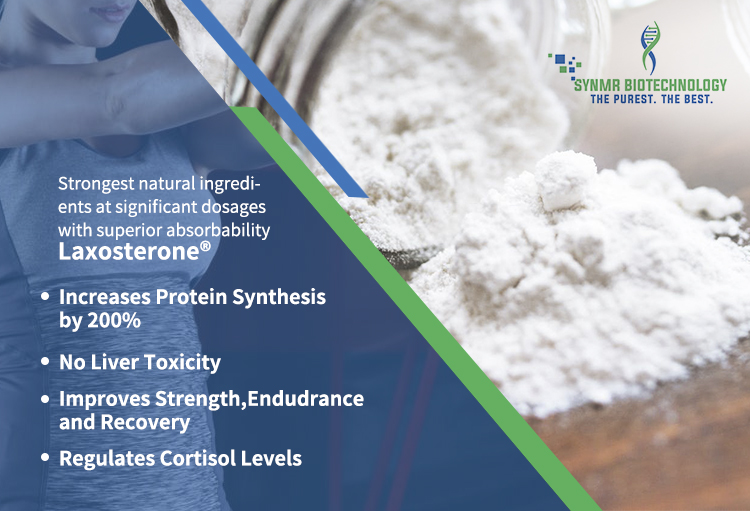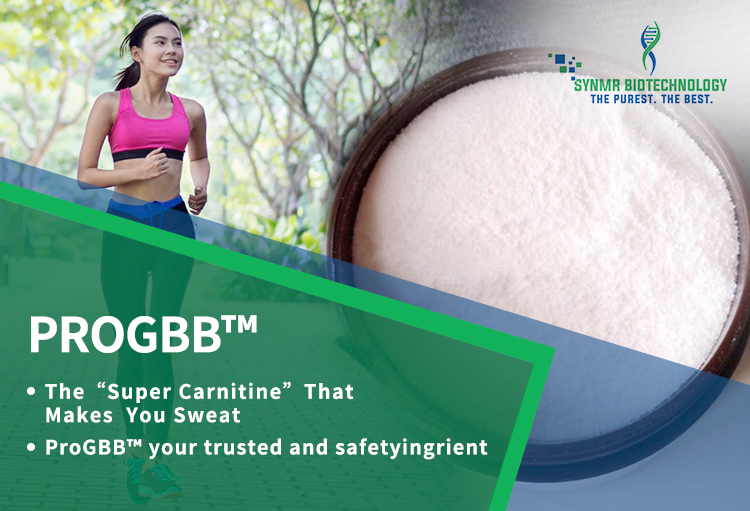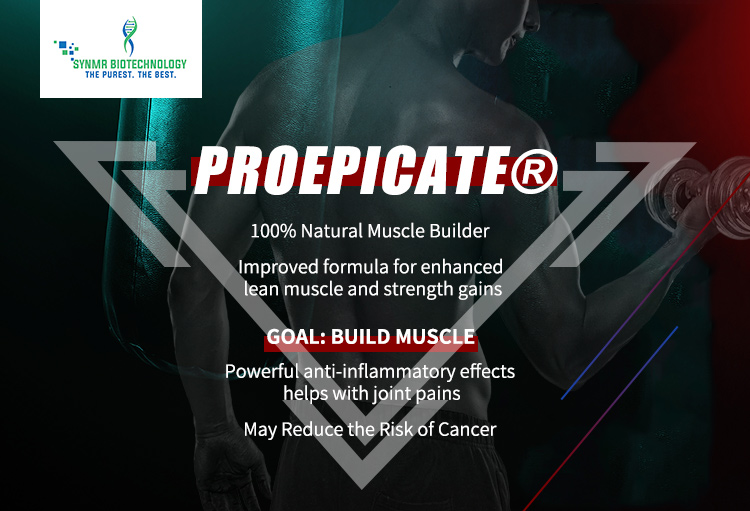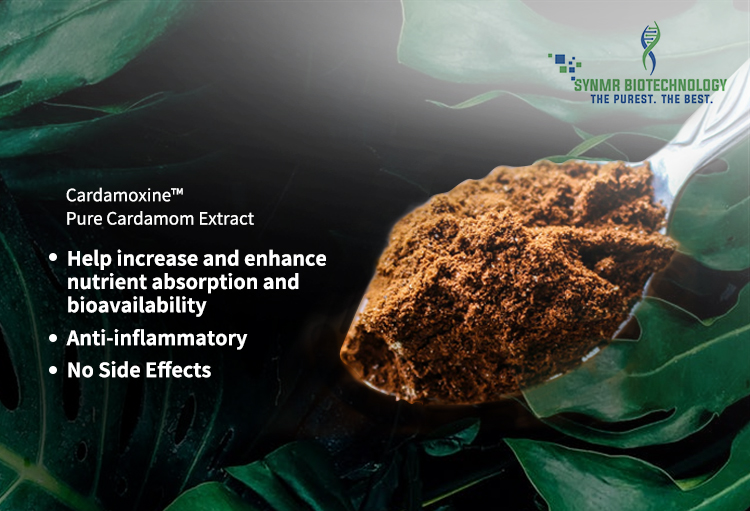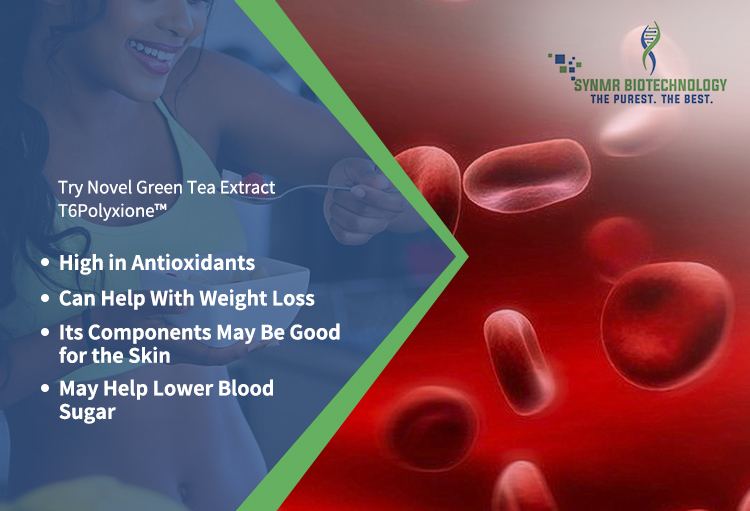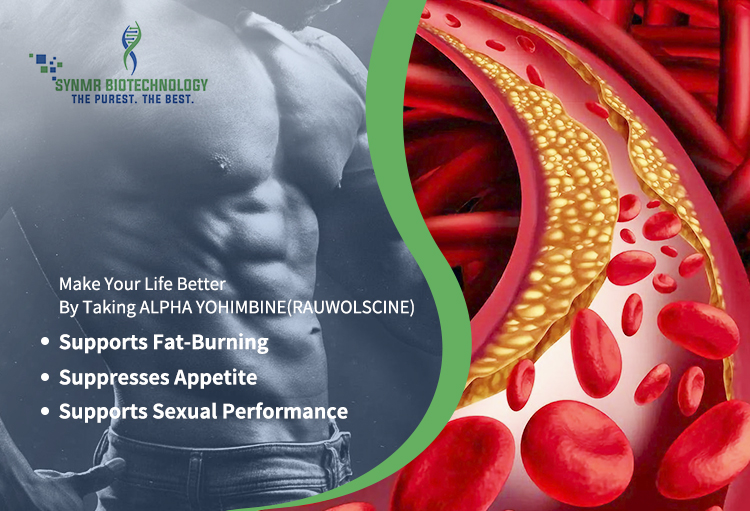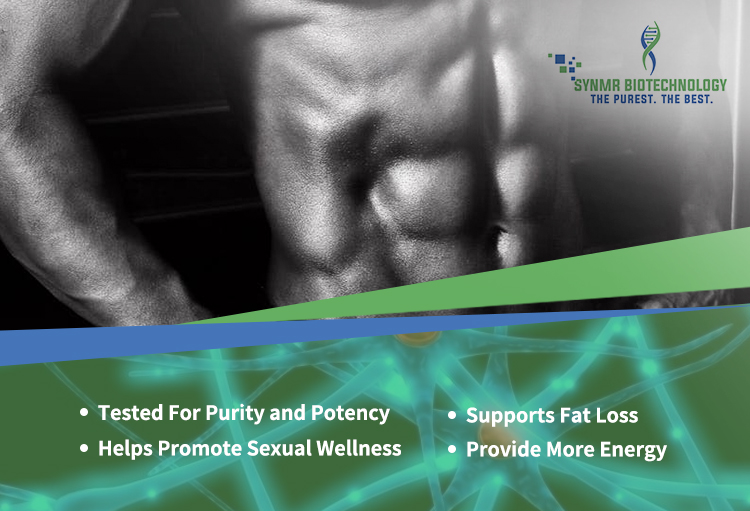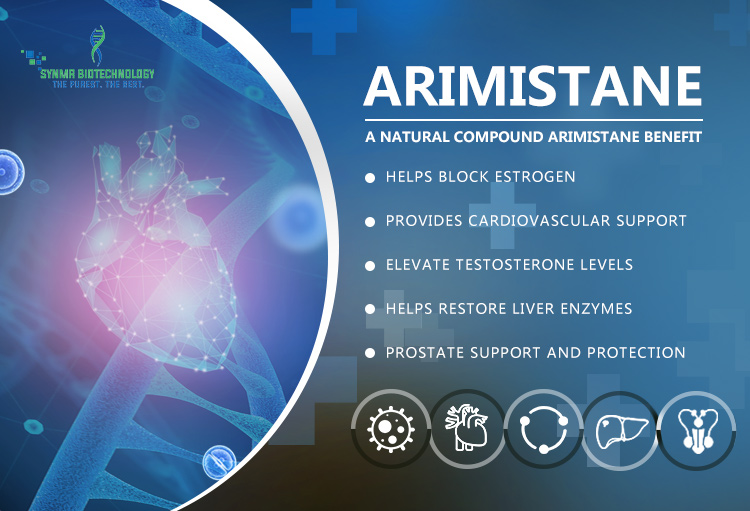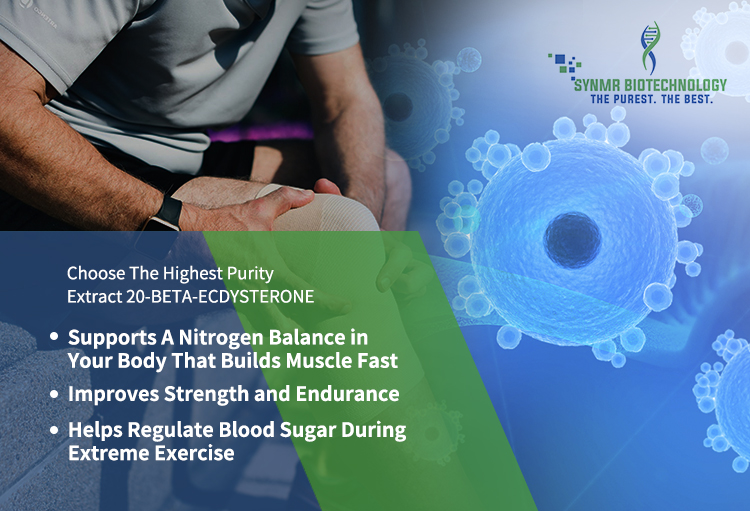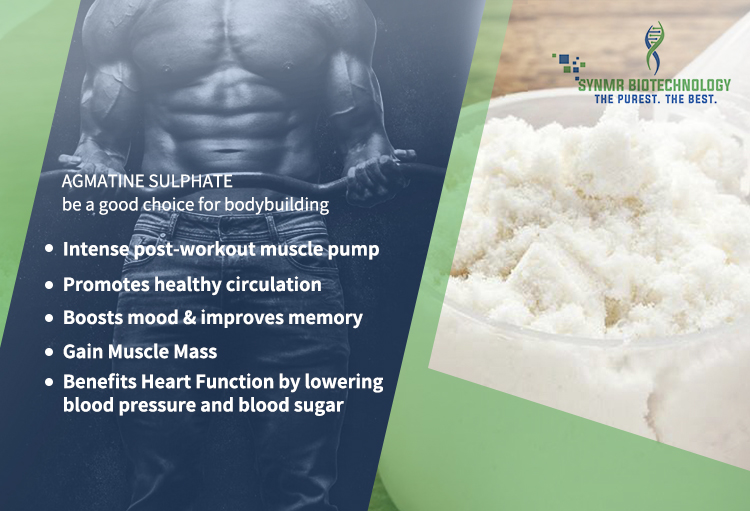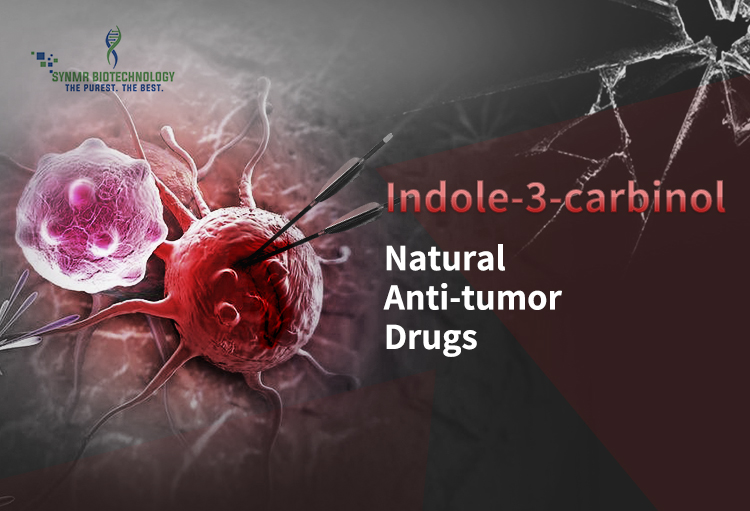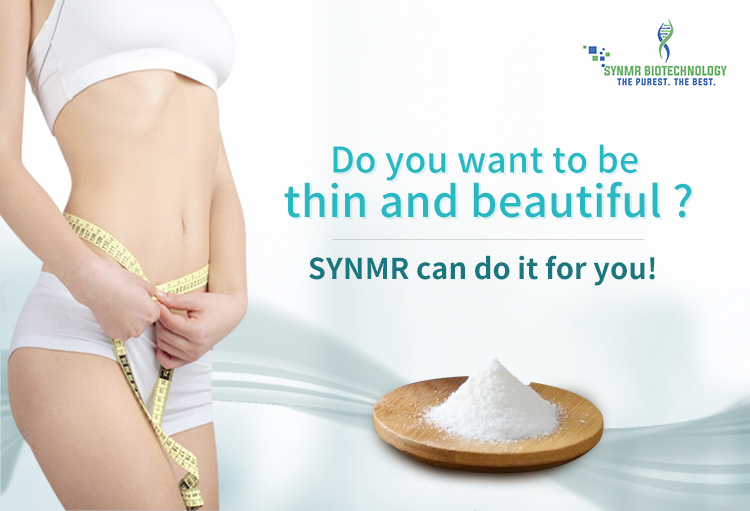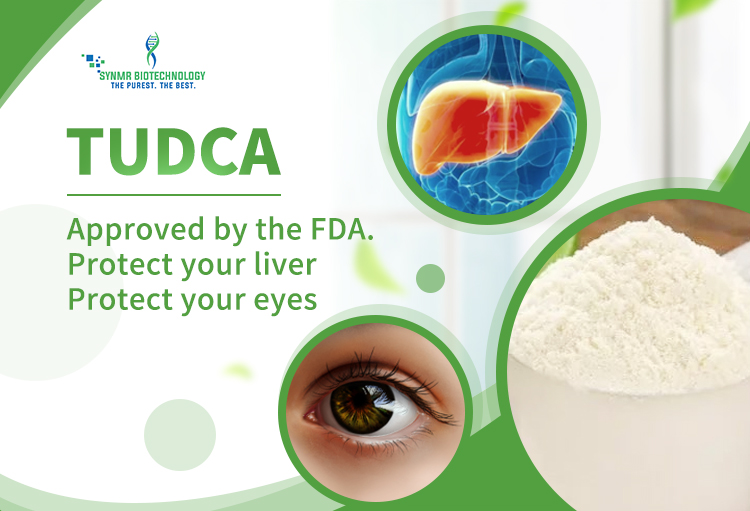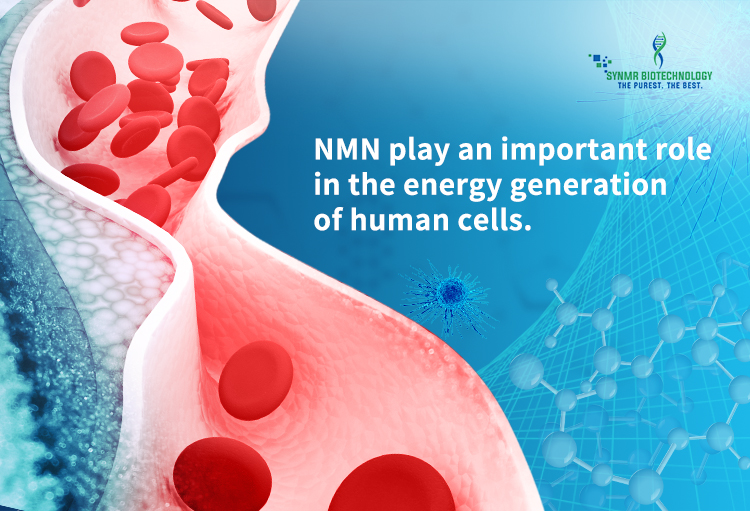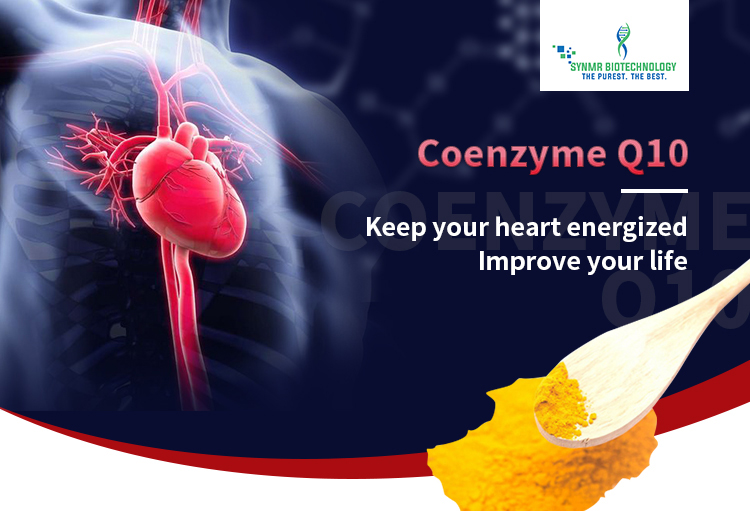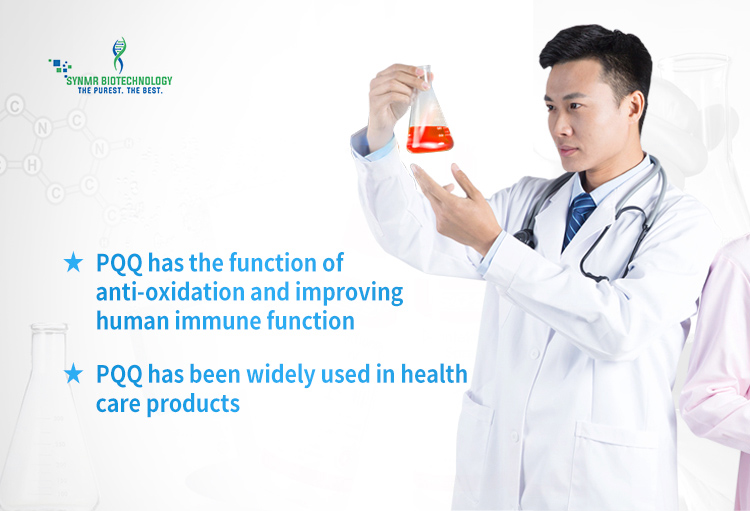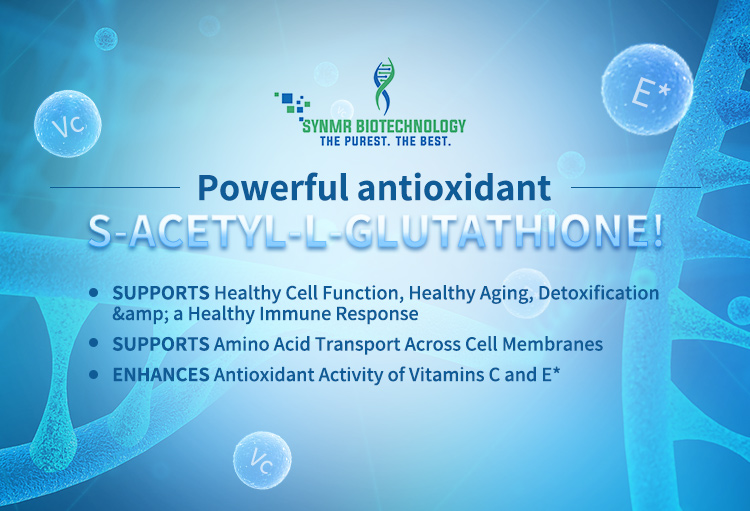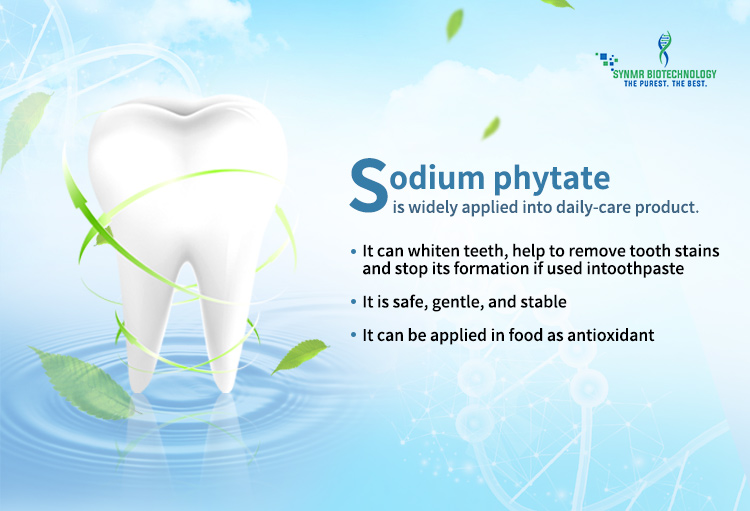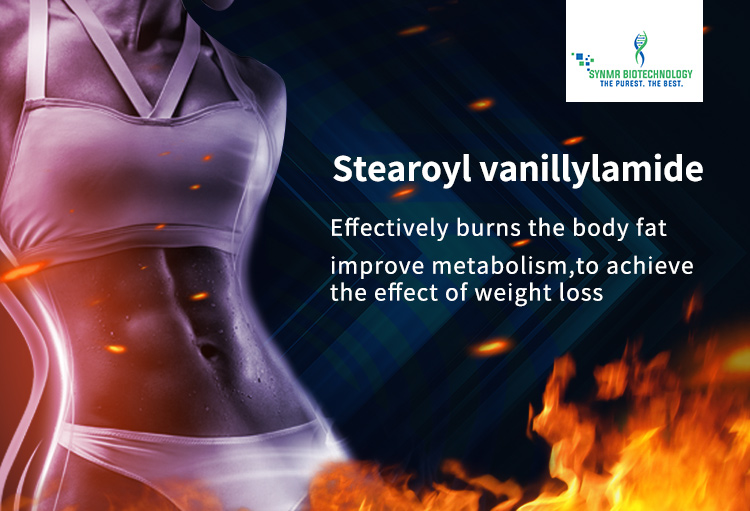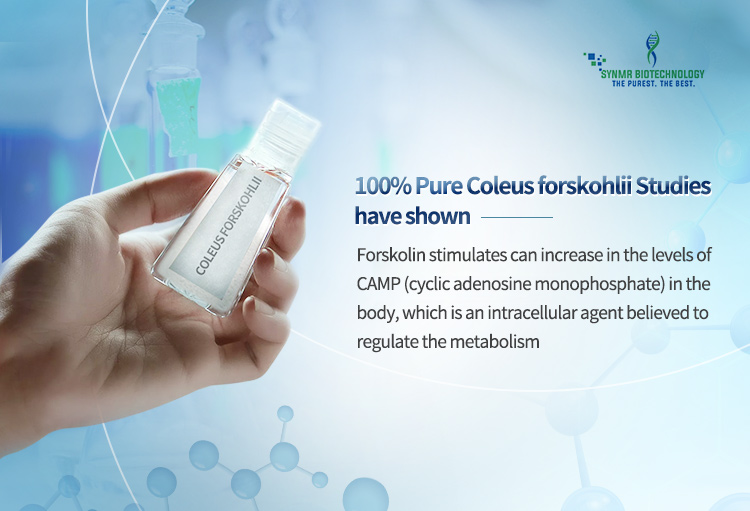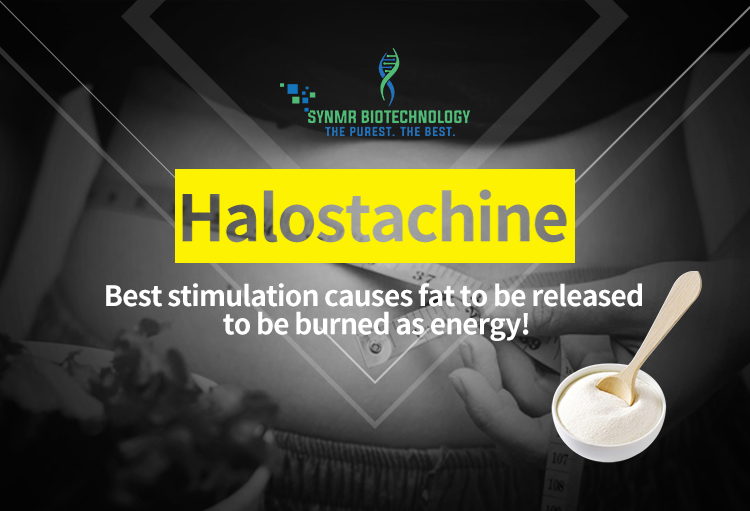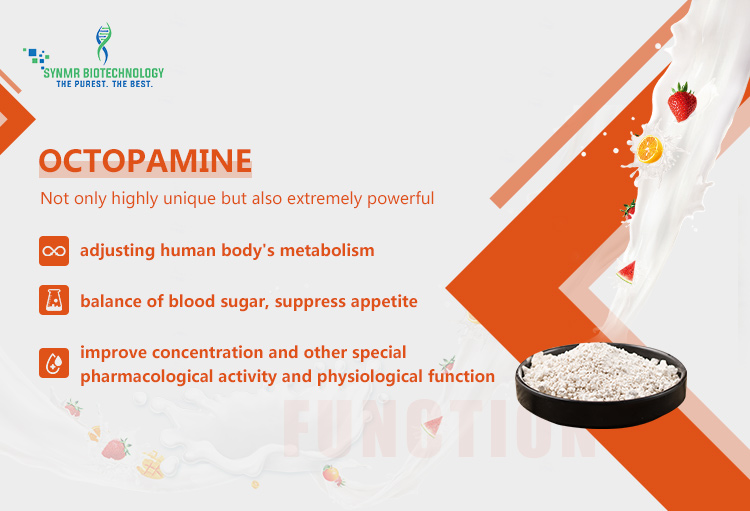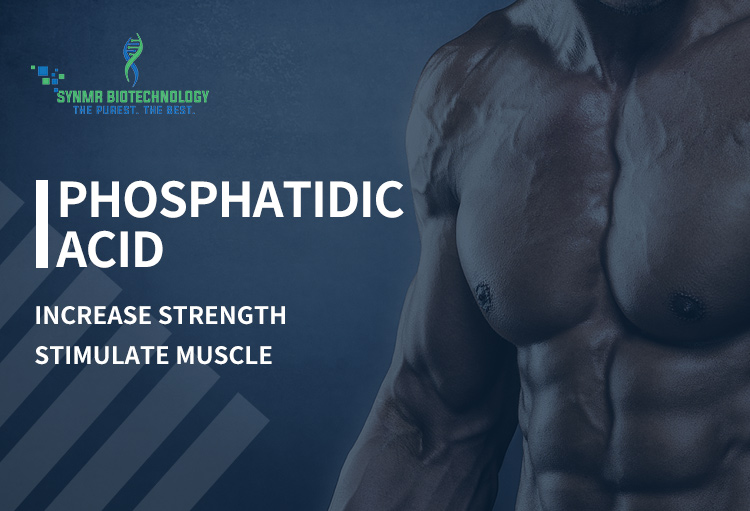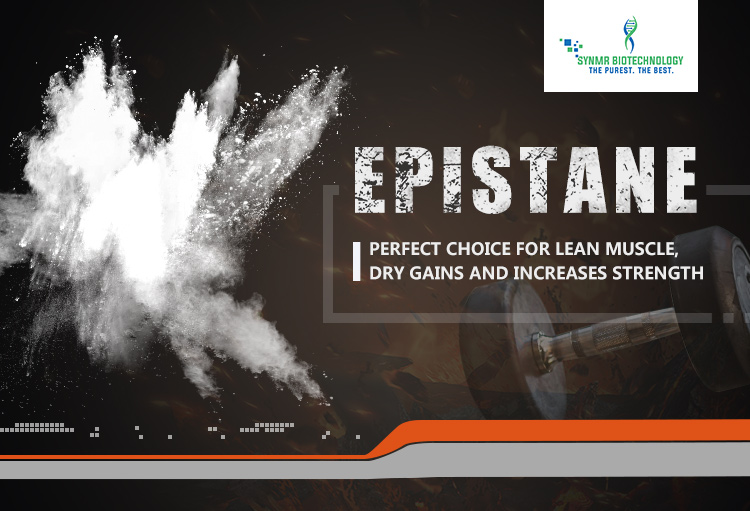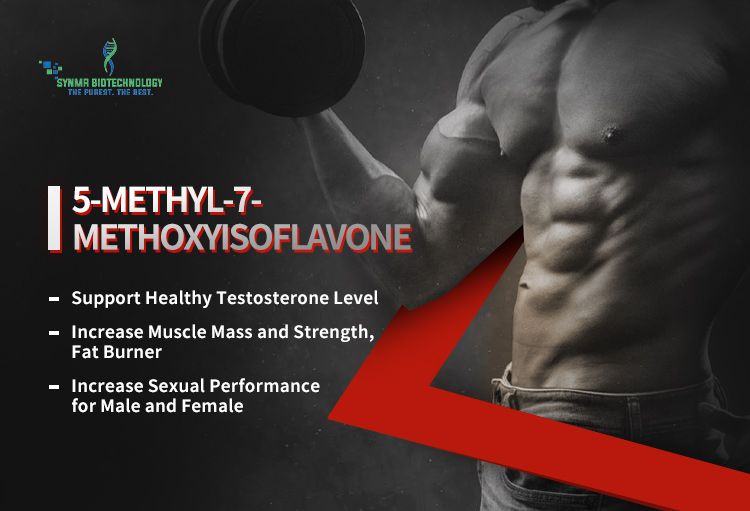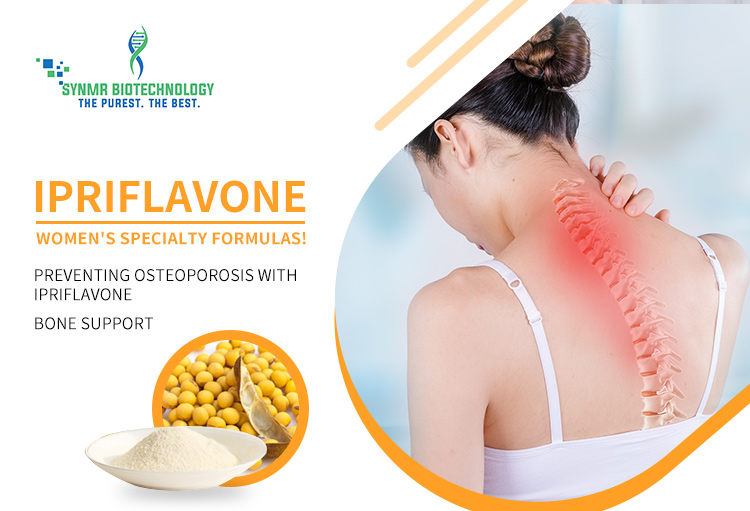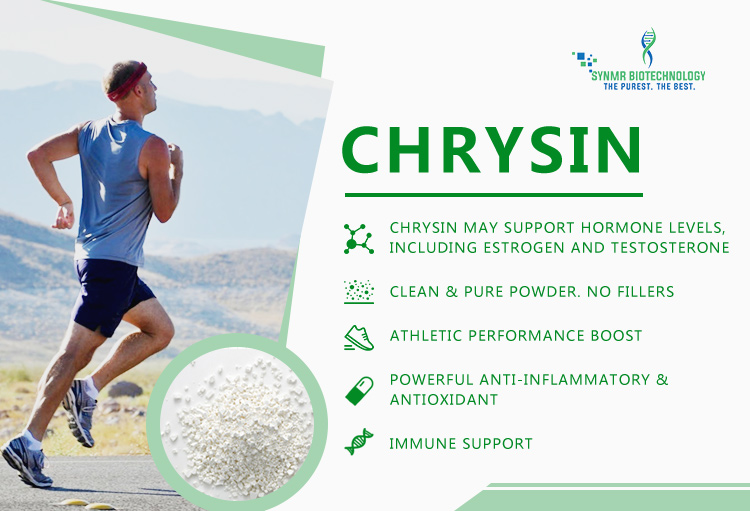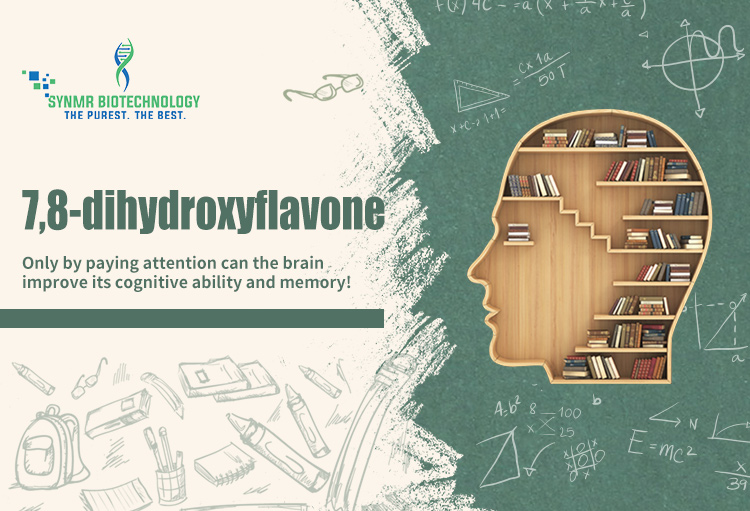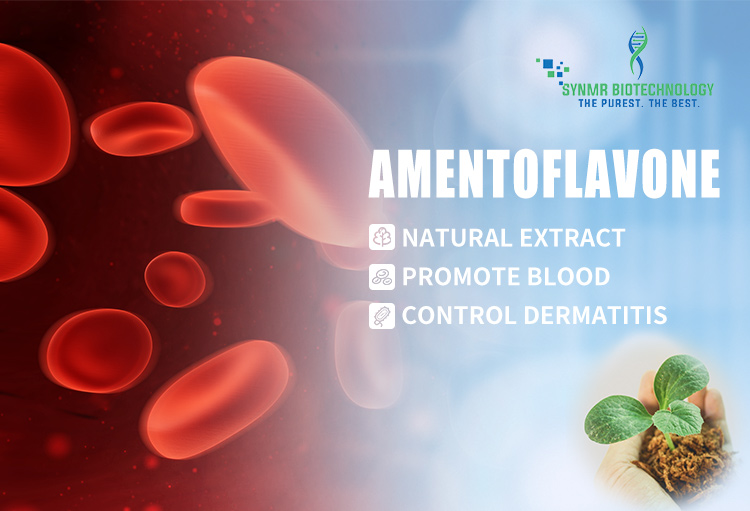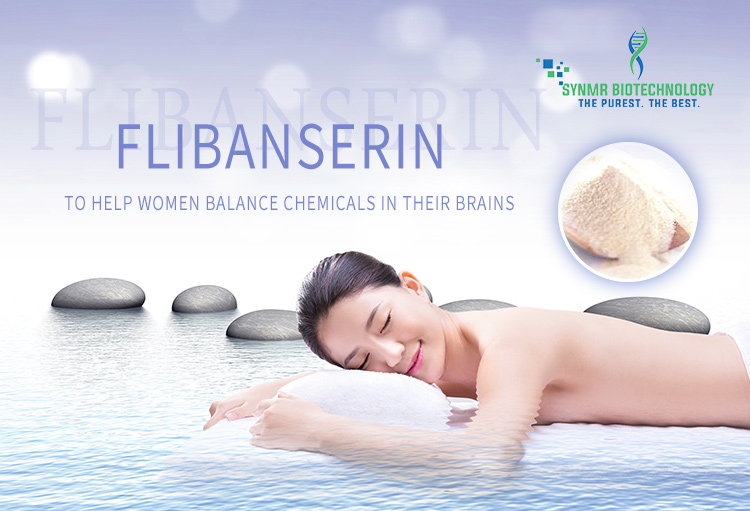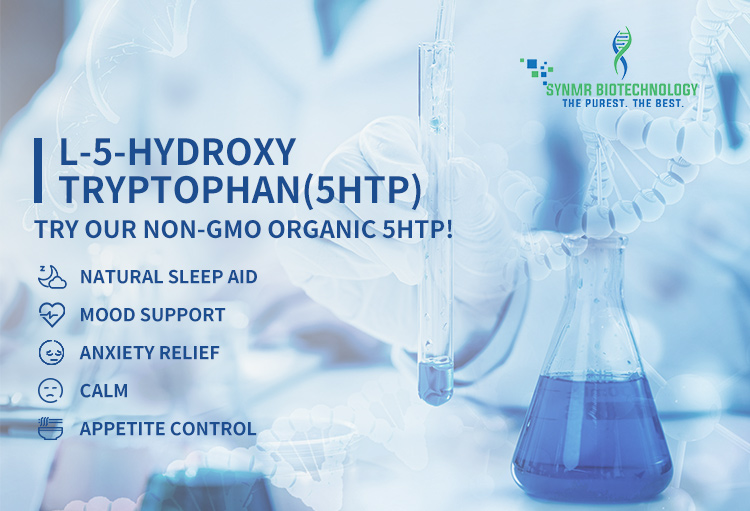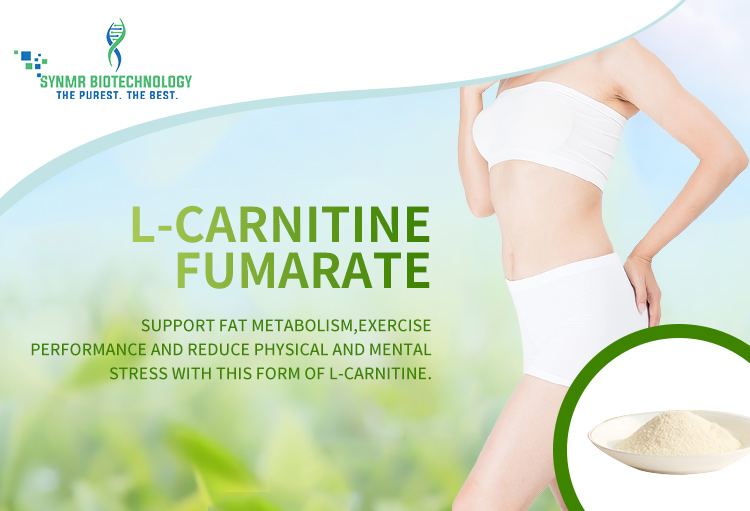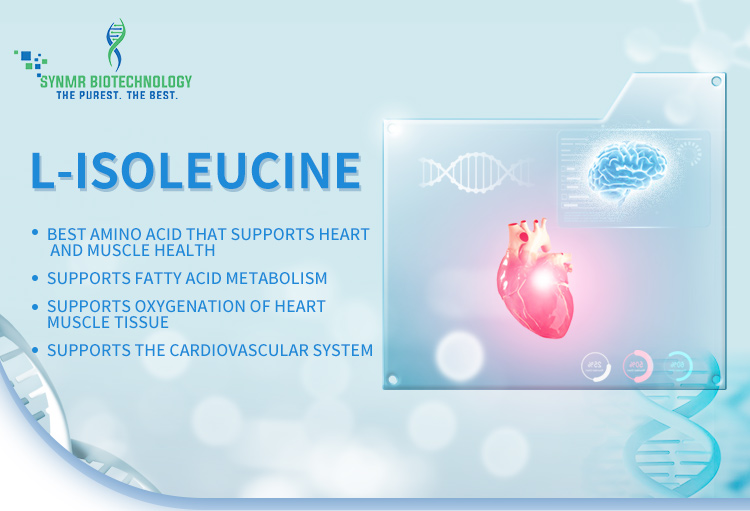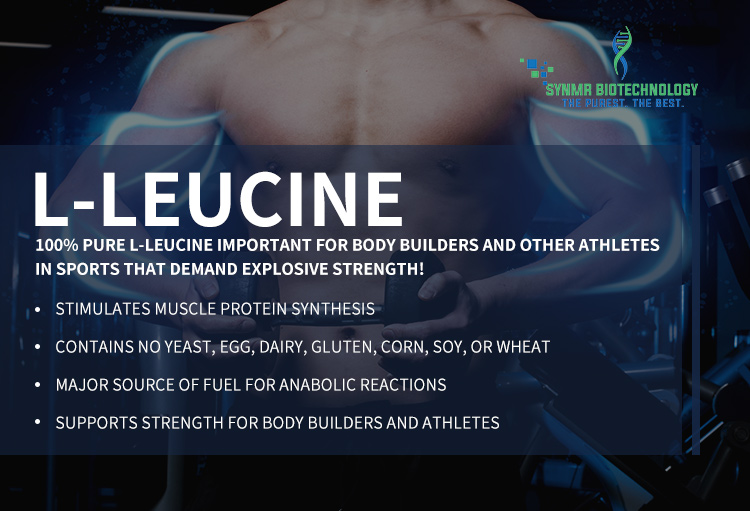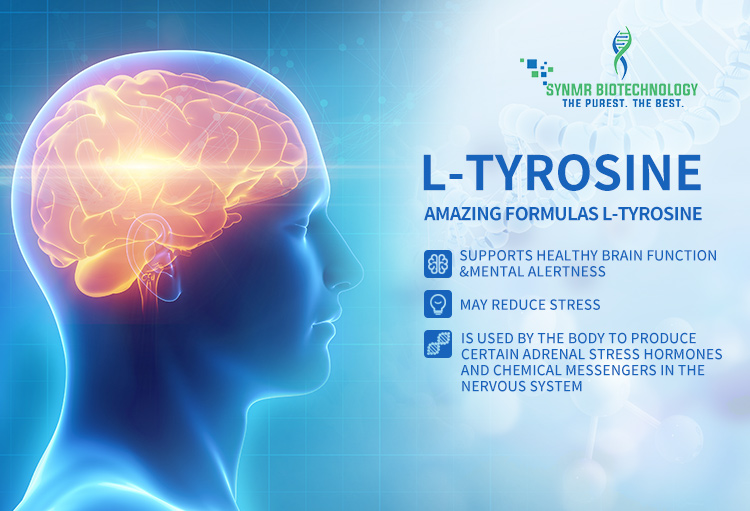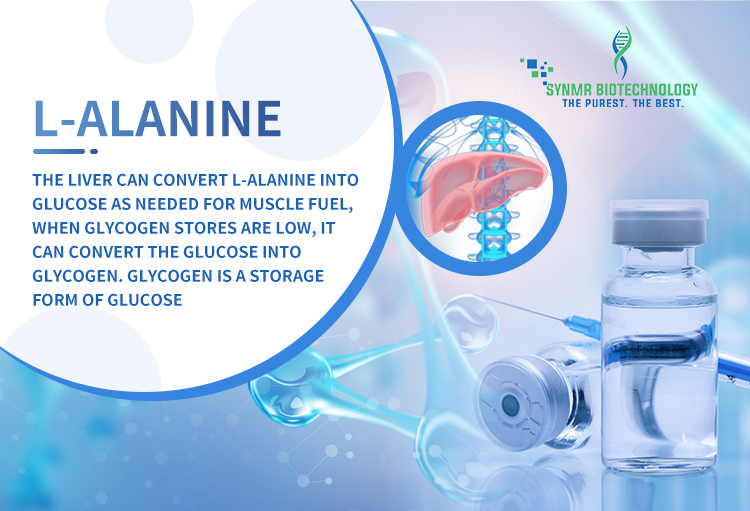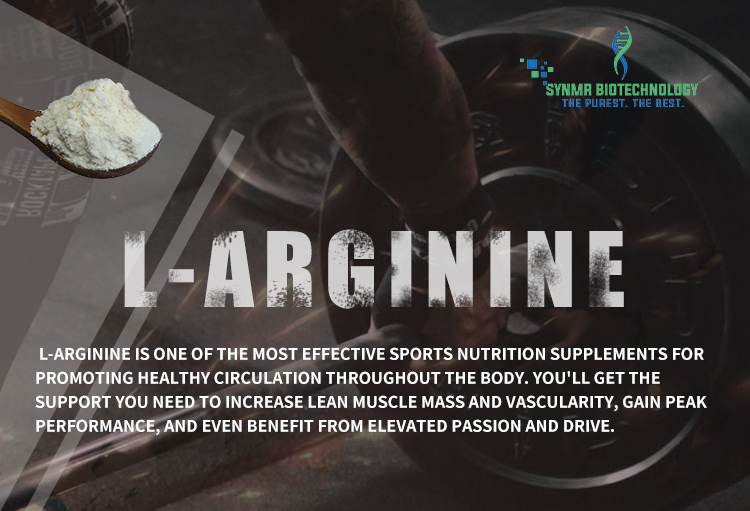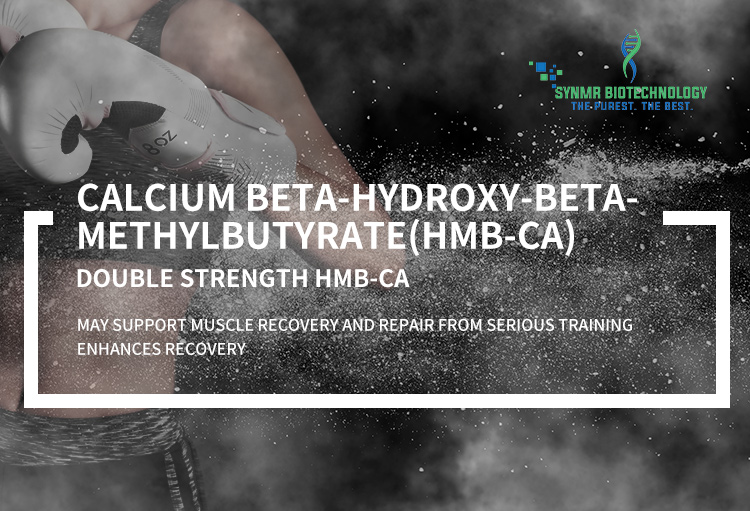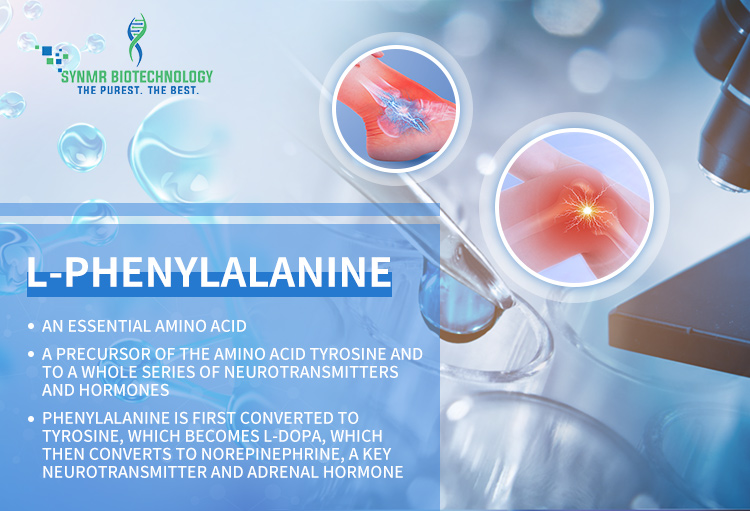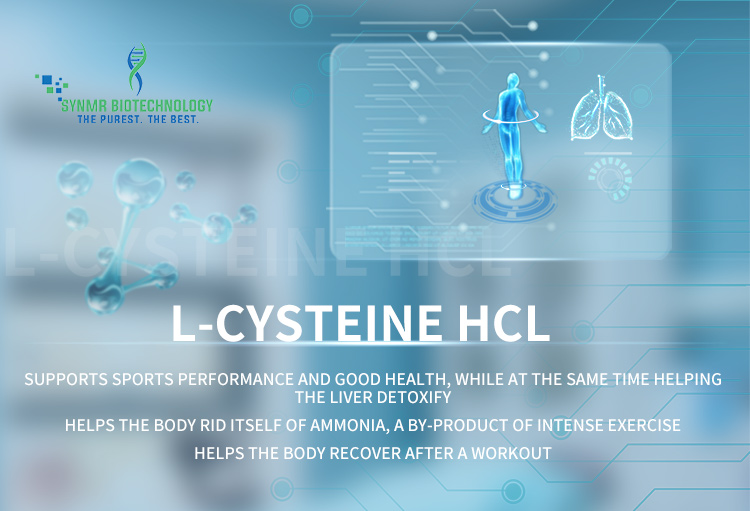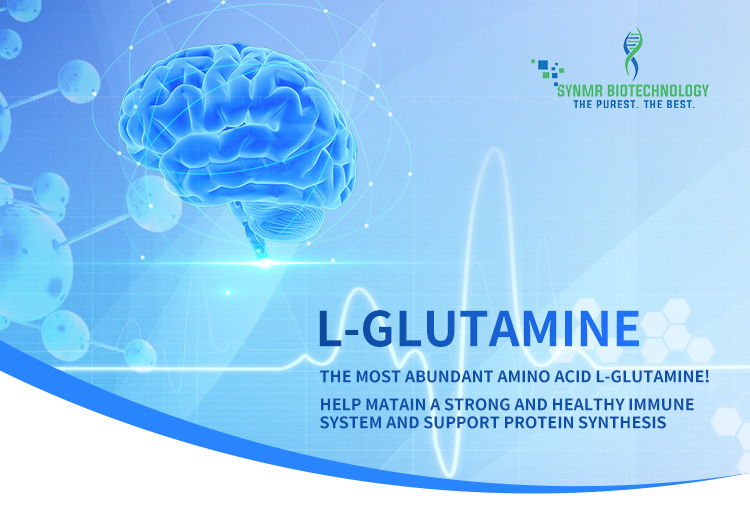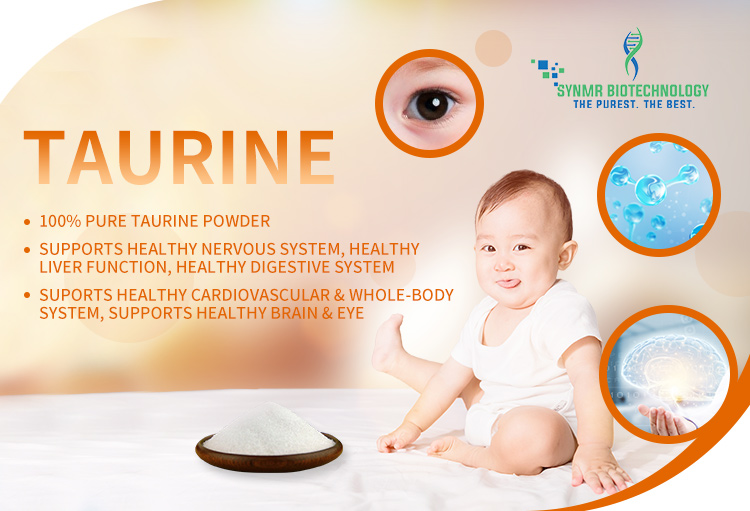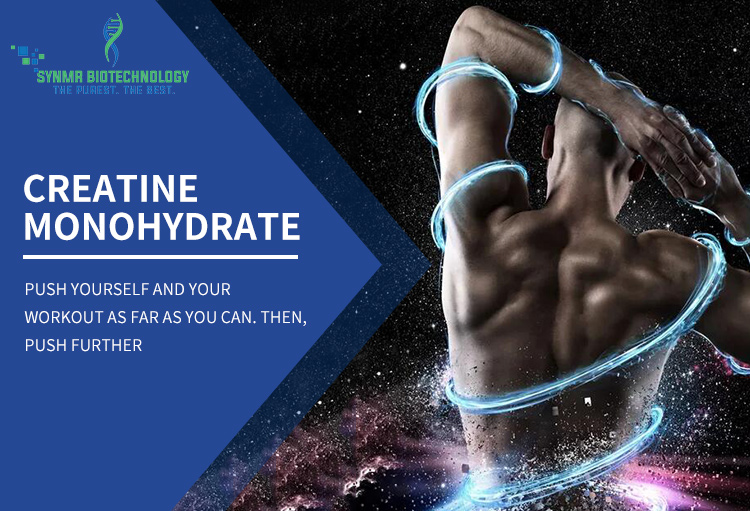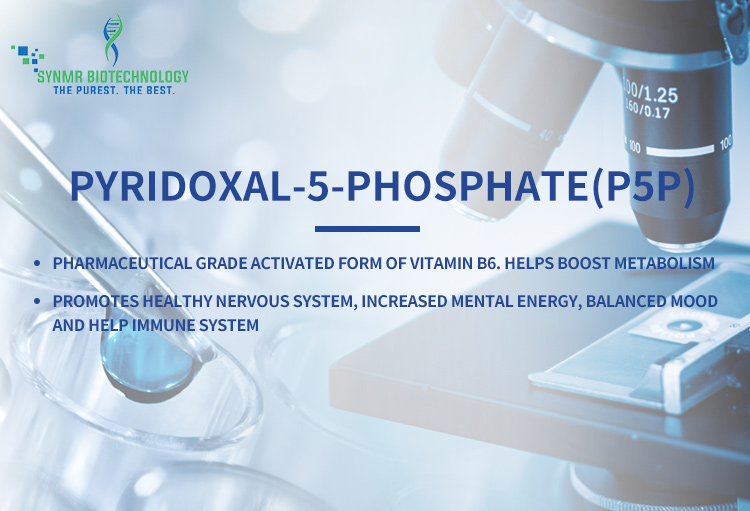What is NADH(Nicotinamide adenine dinucleotide reduced disodium salt)?
NADH, or Nicotinamide Adenine Dinucleotide (reduced form), is a coenzyme found in all living cells. It is the reduced form of NAD+ (Nicotinamide Adenine Dinucleotide), which means it carries electrons and acts as an electron donor in various biological reactions. NADH plays a crucial role in cellular respiration, the process by which cells convert food into energy.
During cellular respiration, NADH is involved in the electron transport chain, which is a series of reactions that occur within the mitochondria of cells. Here, the electrons carried by NADH are transferred to oxygen through a series of intermediate molecules, ultimately producing water and releasing energy in the form of ATP (adenosine triphosphate), the primary energy currency of the cell.
The term "disodium salt" refers to the salt form of NADH, where two sodium ions are associated with the NADH molecule. This form is often used in dietary supplements and is more stable than the free acid form of NADH.
NADH is also involved in other cellular processes, such as DNA repair and signaling. It is a vital molecule for maintaining cellular health and function, and its levels can influence the overall metabolic state of a cell or organism.
What For Is NADH(Nicotinamide adenine dinucleotide reduced disodium salt) Useful ?
NADH (Nicotinamide adenine dinucleotide, reduced disodium salt) is useful for several critical biological processes:
Energy Production: NADH plays a key role in cellular respiration, specifically in the electron transport chain within mitochondria, where it helps generate ATP (adenosine triphosphate), the primary energy currency of the cell.
Metabolic Reactions: It functions as a coenzyme in redox reactions, carrying electrons from one reaction to another. This is crucial for the catabolism of sugars, fats, and proteins.
DNA Repair: NADH is involved in the repair of damaged DNA by providing the necessary energy and reducing power for the repair mechanisms.
Antioxidant Functions: It has antioxidant properties, helping to neutralize harmful free radicals within cells.


